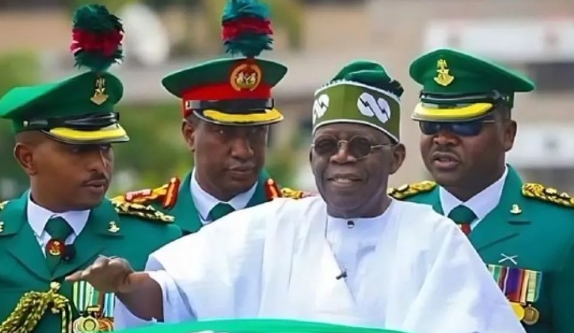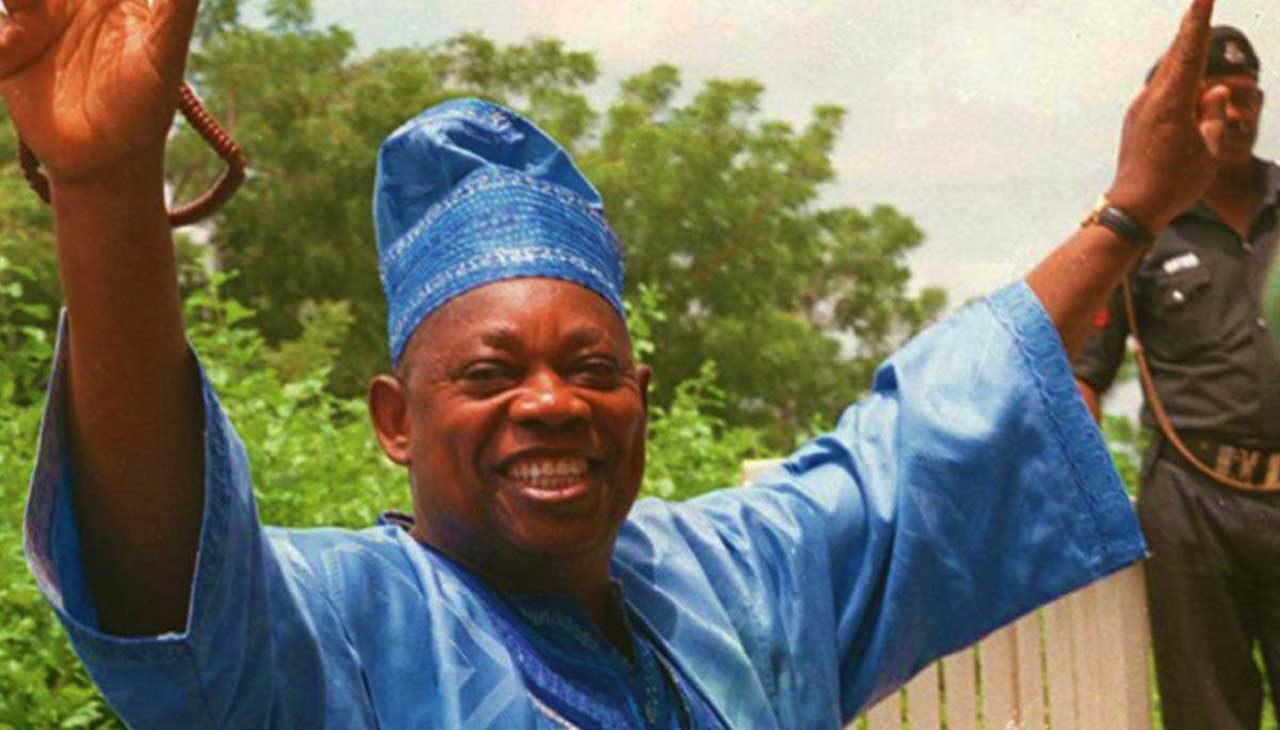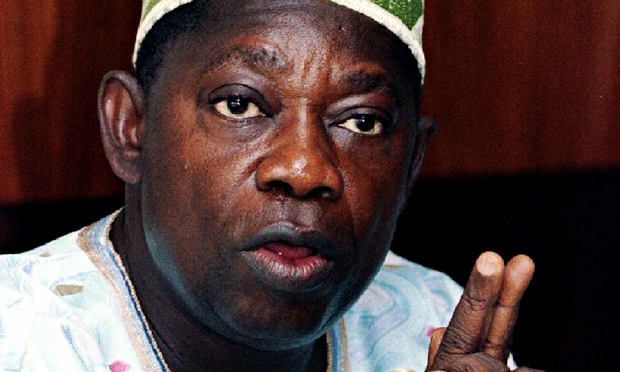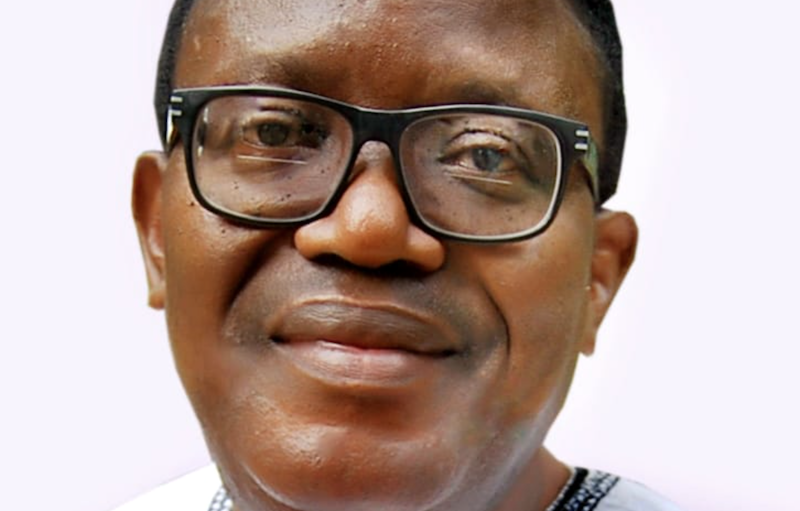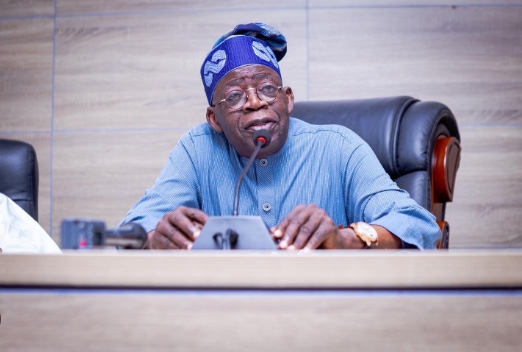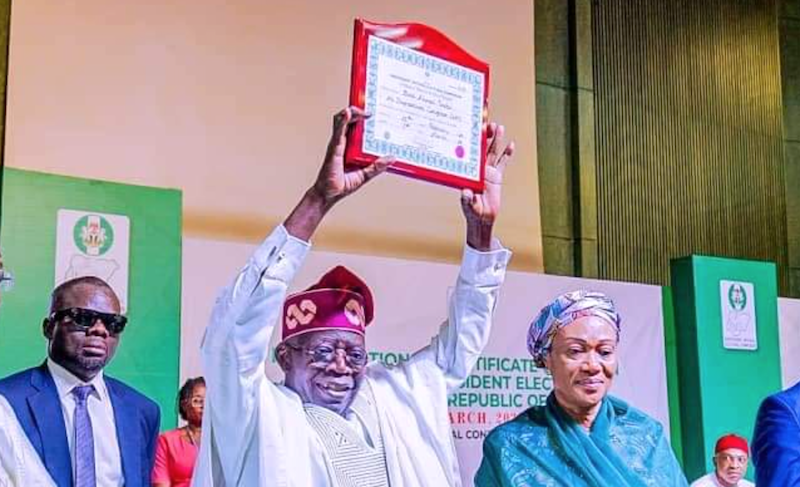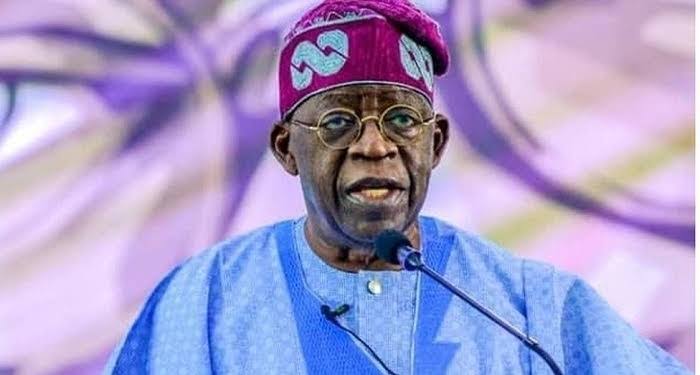It is no longer news that Nigeria in 1999 returned to civilian rule, and adopted a democratic system of governance, which was viewed as key to promoting legitimacy, changing cultures of exclusion and ensuring better decision making.
But many have described it as a transition to inequalities in power and resource distribution, which remain significant issues, particularly impacting the poorest members of society.
While democracy theoretically promises inclusivity, equal protection, and better decision-making, its practical implementation often falls short, especially in contexts where historical inequalities are deeply entrenched.
The unequal distribution of power and resources perpetuates a cycle of marginalization and exclusion, where certain segments of society continue to lament over barriers to accessing their rights and opportunities.
Elder statesman, Dr Chike Obidigbo on Tuesday said that Igbos are still marginalised.
He appealed to President Bola Tinubu to focus on addressing the continued marginalisation of the South East region, particularly the Igbo people.
In a press release he personally signed in Awka, Obidigbo highlighted the political imbalance, noting that despite 25 years of democracy, the South East has not produced a president, and the region is allocated fewer states and federal appointments compared to other zones.
He urged Igbo leaders to unite and work towards achieving equal opportunities and inclusive leadership, emphasising that the progress of Ndigbo is hindered by internal wranglings, envy, jealousy, and hatred from other regions.
The Peoples Democratic Party (PDP) also expressed their dissatisfaction on how the ruling All Progressives Congress (APC) administration betrayed the democratic principles and legacies championed by the late Chief MKO Abiola since 2015.
In a statement released on Tuesday, by the National Publicity Secretary, Hon. Debo Ologunagba, the PDP urged Nigerians to use the occasion of June 12 Democracy Day to speak against the harsh policies and anti-democratic tendencies of the APC government.
He said, “It is distressing that our nation is observing the Democracy Day under a system that relishes brazen violation of the Constitution, election rigging, stifling and manipulation of opposition, muzzling of dissenting voices; undermining the judicial system and other democracy institutions in desperation to turn Nigeria into a one-party state.
“More disquieting is that all the progress and gains made by successive PDP administrations in entrenching democratic practice in Nigeria have been reversed by the APC administrations.
“Nigerians can recall with nostalgia the glorious days of the PDP at the return of Democracy in 1999 to 2015, which period witnessed the expansion of democracy in practice and the dividends of it; notably the conduct of free and fair elections; adherence to the Rule of Law and Principle of Separation of Powers, economic transformation resulting in Nigeria becoming a preferred foreign investment destination in the world.
Ologunagba explained that democracy is all about the supremacy of the will of the people, the rule of law and the pursuit of the security and well-being of citizens.
He said, “These ideals have been completely violated by the APC administrations which leaders have no respect for public opinion but delight in burdening the people through multiple taxes and looting of treasury to finance their luxury appetite while subjecting other Nigerians to a life of fear, uncertainty, despondency and abject poverty.
“It is saddening that instead of celebrating freedom and good governance; the very essence of democracy which Chief MKO Abiola stood for; Nigerians are in anguish over the exploitive, ill-implemented anti-people policies and programmes of the APC which has weaponized poverty in the country.
The opposition party urged President Bola Tinubu to use the occasion of the Democracy Day to have a deep reflection on the state of the nation under his watch, especially given the growing public agitation over hunger and high cost of living in the country.
Recommending how the country can move forward under democratic rule, Ex-President Goodluck Jonathan had advised President Tinubu to encourage a democracy where everyone has a voice.
He made the call on Tuesday at a one-day symposium to mark the 25 years of unbroken democracy in Nigeria, which was held at the Banquet Hall of the State House, Abuja.
“Together, let us build a Nigeria where every citizen has a voice, where opportunities abound, where the promise of a better tomorrow is not just a dream.
“We must not hand over to our children a democracy built on politics of region or religion.
“The National Assembly can also look at models that will suit us. We must address the factors that give rise to this Do or Die politics. It is inimical to consolidating democracy,” he said.
The former president further explained that President Tinubu has the responsibility of ensuring that the next 25 years of democracy in Nigeria, starts on a good note.
Meanwhile, President Tinubu said it’s time to build a nation where every voice is heard, citizens are empowered as he urged Nigerian leaders to recommit to the values of inclusivity, accountability and transparency in the bid to guarantee a democracy that flourishes and endures for generations to come.
According to him, after 25 years of uninterrupted democracy, it is time for all Nigerians to partake “in building a nation where every voice is heard, where every potential is realised, and where every citizen is empowered to contribute to the collective good”.
The President who spoke on Tuesday during the 2024 Democracy Day Lecture at the Banquet Hall of the Presidential Villa, Abuja, noted that at this point of the nation’s democratic journey, every Nigerian, irrespective of background, must be given a chance to contribute to the nation’s shared destiny.
Moving to civilian rule in 1999 was indeed a pivotal moment in Nigeria’s history, marking a shift towards democratic governance after years of military dictatorship.
Democracy holds the promise of promoting legitimacy, inclusivity, and better decision-making, but it hasn’t fully addressed the deep-seated inequalities in power and resource distribution in the country.
Persistent inequalities can erode the fundamental principles of democracy. Addressing the challenges requires not only political will but also comprehensive policies aimed at equitable distribution of resources, enhancing social welfare programs, and promoting inclusive economic growth.
While Nigeria has made strides in its democratic journey, there’s still much work to be done to fulfill the promise of democracy and ensure that all Nigerians have equal opportunities and rights.
